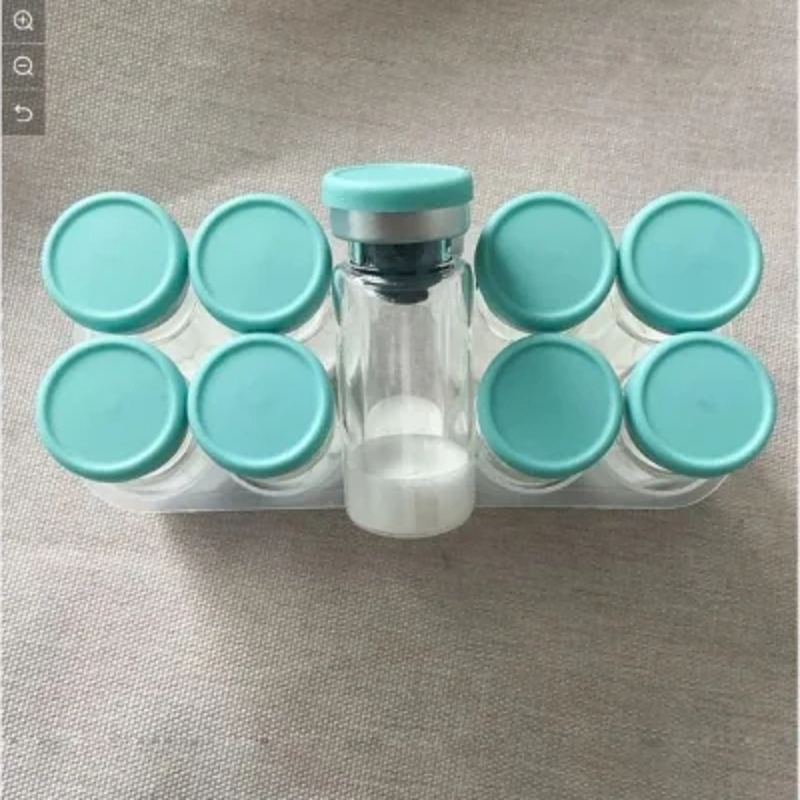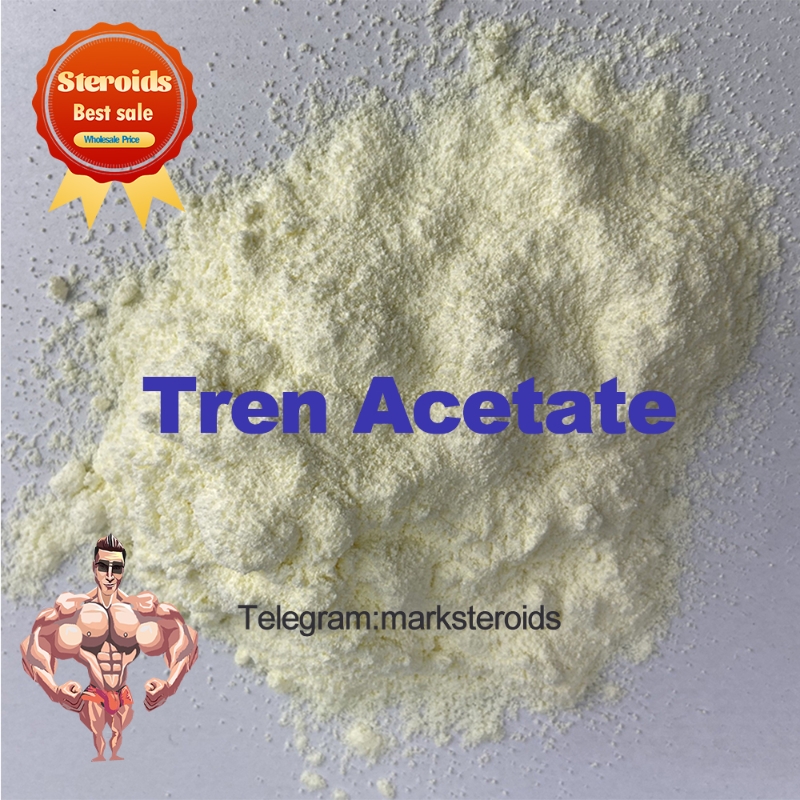-
Categories
-
Pharmaceutical Intermediates
-
Active Pharmaceutical Ingredients
-
Food Additives
- Industrial Coatings
- Agrochemicals
- Dyes and Pigments
- Surfactant
- Flavors and Fragrances
- Chemical Reagents
- Catalyst and Auxiliary
- Natural Products
- Inorganic Chemistry
-
Organic Chemistry
-
Biochemical Engineering
- Analytical Chemistry
-
Cosmetic Ingredient
- Water Treatment Chemical
-
Pharmaceutical Intermediates
Promotion
ECHEMI Mall
Wholesale
Weekly Price
Exhibition
News
-
Trade Service
SHANGHAI, Dec.
19, 2022/PRNewswire/ -- Intraocular injection solution SKG0106, a gene therapy drug independently developed by Skyline Therapeutics, is used to treat neovascular or wet age-related macular degeneration, nAMD or wAMD), has been approved for clinical studies
.
SKG0106 intraocular injection solution is an innovative ophthalmic gene therapy drug under development, consisting of a new adeno-associated virus (AAV) capsid independently developed by the company and an original transgene against neovascular growth, and its mechanism of action is to deliver SKG0106 into the eye through a single intravitreal injection, expressing anti-neovascular growth gene products after transduction of retinal cells, thereby inhibiting the progression of
diseases related to fundus neovascularization.
The company has a number of global patents
including capsid and carrier design of SKG0106 intraocular injection solution.
In comprehensive and in-depth preclinical studies, SKG0106 has shown excellent target tissue specificity, transduction and biodistribution, as well as high efficiency, long-lasting efficacy and good safety in inhibiting intraocular neovascular growth
.
After review and approval by relevant departments, the Department of Ophthalmology of Peking Union Medical College Hospital is about to conduct an open-ended, dose-escalation clinical study
to evaluate the safety, preliminary efficacy, immunogenicity and pharmacokinetic characteristics of a single intravitreal injection of SKG0106 intraocular injection solution in patients with neovascular (wet) age-related macular degeneration.
At present, nAMD is clinically treated with anti-VEGF drugs, which require long-term administration and frequent intraocular injection, and patients have a large burden and poor compliance
.
Innovative gene therapy drugs with a good safety profile and durable anti-angiogenesis effects through a single intravitreal administration are expected to bring promising new therapeutic modalities
to address these challenges.







